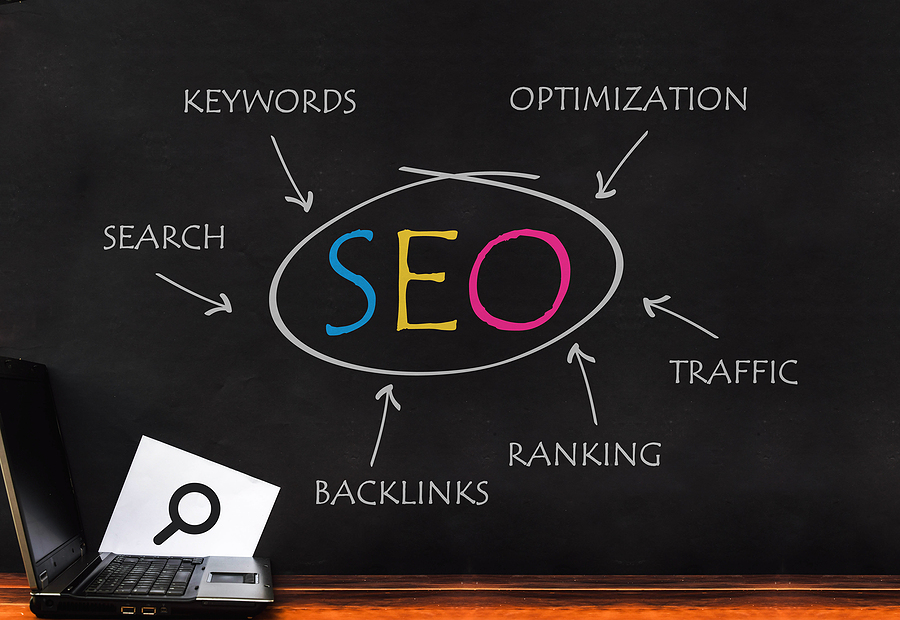Optimizing a website’s page speed is a win-win strategy to keep website users happy and boost the total revenue an online business makes. Generally, website’s load speed plays a key role in the optimum performance and success of a business website. It impacts a site’s conversion rate as well as its visibility. So, optimizing a site’s speed is a necessity, but doing it effectively is challenging.
Most web design experts suggest that most website speed tests you can perform to determine the site’s performance. If you find any issues that might slow site’s page load speed, you can easily resolve most of them with reliable web hosting and WordPress plugins. If you are unsure of how to optimize your website’s performance, consult with a reliable web development agency in Sydney. This article explains some of the easily-overlooked issues that could impact website’s load speed.
Overlooked issues that often contribute to a website’s sluggish performance include neglecting to update plugins and themes regularly, failing to optimize images and media files, overlooking the implementation of caching mechanisms, and ignoring database optimization. Hiring a site maintenance WordPress service can address these issues effectively. Professionals in site maintenance WordPress can ensure plugins and themes are updated promptly, optimize media files for faster loading times, configure caching mechanisms for improved performance, and optimize the WordPress database to enhance overall site speed and responsiveness. By entrusting these tasks to experts in site maintenance WordPress, website owners can mitigate performance issues and ensure their site operates smoothly and efficiently.
1. Overly heavy website
A 3MB web page that sends about 180 HTTP requests may be slower compared to a 1MB website page making 60 HTTP requests. One effective way to ensure a web application loads fast is to optimize the webpage size. Sure, you can merge the right CSS files, optimize images, apply the recommended front-end design guidelines, and perhaps minify all relevant JavaScript files. However, having a super-heavy website impacts page speed which could make your website users unhappy.
When designing or revamping your website, focus on loading the elements you need. Answer the following questions to determine what to eliminate, add, improve, or resize.
- Does my website need ten big photographs on the homepage’s slideshow?
- Must I display 30 items in my home portfolio?
- Should I display 15 testimonials of satisfied clients, or can four testimonials are enough?
Focus on determining and displaying what’s essential on your website. It is tempting to load everything, but heavy data could impact a site’s loading speed negatively.
2. Poorly optimized images or graphics
One of the top reasons behind a slow business website is a large number of poorly optimized images. Most high-resolution pictures consume huge bandwidth when loading. That means uploading huge pictures and resizing them could increase the average size of a website page. Eventually, this could result in slow website pages.
Another imperative aspect to think about is the specific image format you use. A JPEG image is somewhat smaller than GIF, PNG, and other image formats. Generally, your site will load fast if you upload JPEG images rather than GIFs and PNG images. Always check the image size and avoid ones larger than 1MB. It’s also wise to use JPEG images while ensuring they’re perfectly optimized.
3. Many ads on the website
Generally, Google Ads are a great income source but can potentially slow your business website down? Suppose you have ads loading in headers, in the sidebars, within the content, and even at the page’s bottom. In such a case, the website might be slower compared to a site with a single ad within the content or sidebar. Many internet users find ads annoying and could slow down a website as well.
4. Excessive flash content
While flash is an awesome tool for improving interactivity to a business website, it can result in slow web pages. In most cases, flash content is somewhat bulky, and huge files are more likely to cause slow web pages. Minimizing the overall size of flash files can improve the loading speed. So, if you ever want to make a business website load even faster, it is recommended to use HTML5 alternatives to successfully replace the current flash content.
5. Unnecessary social media share scripts
LinkedIn, Twitter, Pinterest, Facebook, and many other social media share button scripts usually add DNS lookup to websites? These are sets of images & JavaScript files added to sites for social sharing purposes. Expert digital marketers support the concept of having all social sharing options on each article so to make it possible for website users share the content seamlessly. However, you don’t need to load each sharing option on every webpage.
For example, you don’t require Facebook or Twitter sharing buttons at all category or contract pages. Displaying numerous social media options on all posts on your website’s homepage can end up impacting the entire website. As much as having social share buttons on your web pages is essential, it is imperative to think twice prior to adding more than five social media buttons on a single page.
6. Many 404 errors
Suppose you load a site file or page that your browser cannot locate it. In that case, the overall page load period of that specific page or site will be impacted by 404 HTTP or other similar errors. For this reason, it is best to check for such errors to ensure that the entire website loads faster. You can do this by checking the auto-generated waterfall of the entire website using GTmetrix. Also, you can utilize the network tab of popular browsers like Firefox and Chrome.
7. Not caching your website
Many website content management systems (CMS) like WordPress and Magento often use databases to maintain a huge data set. While this is awesome for managing a website, it could add load on the website’s server to generate a new version of a web page whenever there’s a relevant request. One way of solving this issue successfully is caching.
For websites that use WordPress, it is possible to use website cache plugins like WP Super Cache. Also, Magento, and other CMS provide caching option, which provide various cached versions of websites or pages for frequent users rather than generating a new web page whenever a user submits a request. Generally, the caching concept is a no-brain for all database-driven web applications. Don’t be surprised that a ten-minute caching duration can make a significant difference in a web application’s load speed.
Summary
Web page speed optimization must be done by an experienced marketer or developer who can make the necessary tweaks without compromising the link structure and aesthetic feel of a website. Just think about how happy your target audience will be to use a super-fast website.
Image Source: BigStockPhoto.com (Licensed)
Related Categories: Tech, Reviews








